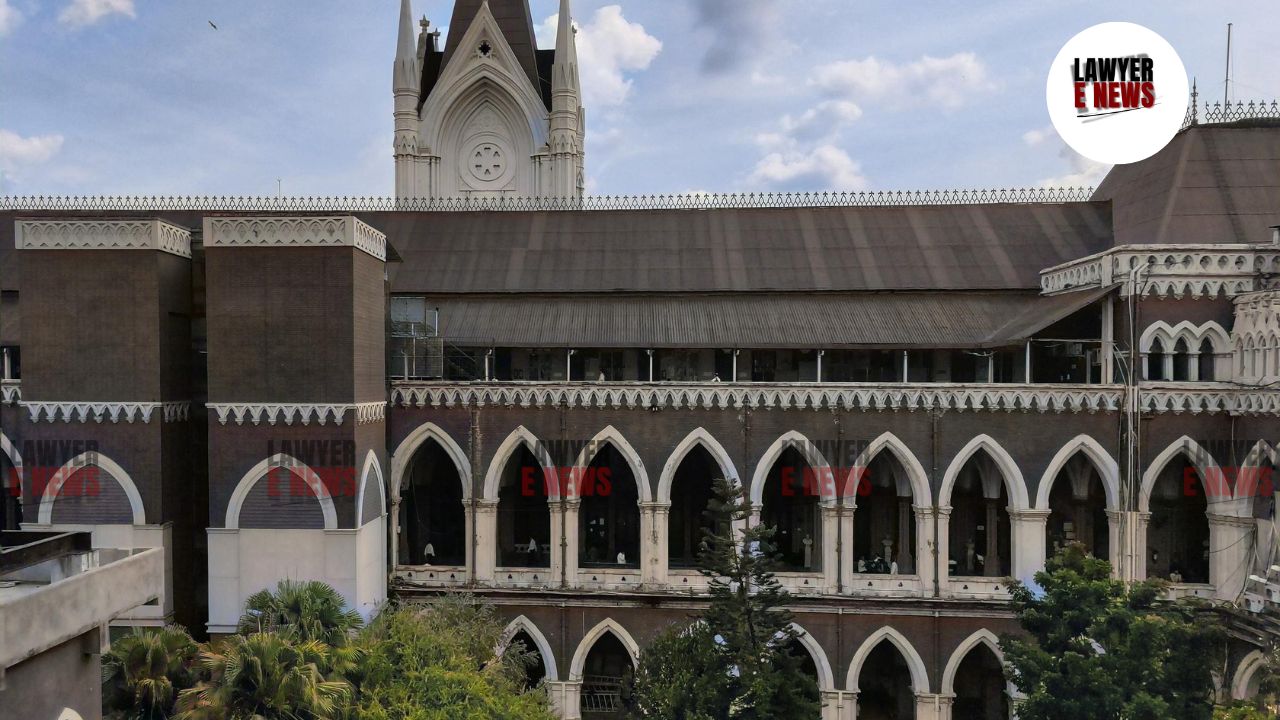-
by Admin
15 February 2026 5:35 AM



Calcutta High Court delivered a significant ruling in Mahendra @ Mohindar Shaw v. The State of West Bengal and Sk. Raju @ Bangladeshi Raju @ Bachhu Das v. The State of West Bengal, confirming the convictions of the appellants for dacoity and associated offenses. Justice Ananya Bandyopadhyay presided over the appeals, concluding that the evidence strongly established the appellants' involvement in the 2002 armed robbery at a Burrabazar business in Kolkata, which had also resulted in injuries to employees.
The court found that the prosecution’s case was backed by "vivid and compelling evidence," including eyewitness testimony, medical reports, and the recovery of stolen items directly from the appellants. Justice Bandyopadhyay's decision underscores the weight of such corroborative evidence, particularly in violent crimes, in ensuring justice.
The case arose from an armed robbery on August 10, 2002, when a group of assailants entered a business at Burrabazar, Kolkata, wielding firearms and a bhojali (dagger). They took cash, jewelry, and a mobile phone valued at over Rs. 5 lakh. As they left, the robbers detonated an explosive device near the premises, injuring two employees. The immediate complaint led to charges under Sections 394 and 397 of the IPC and sections of the Arms Act.
The primary legal issue was whether the appellants had been rightly convicted for dacoity under Sections 395 and 397 of the IPC, given the severity of the offense and the evidence against them.
The prosecution presented a strong case with 26 witnesses, including:
Eyewitnesses and Injured Parties: Key witnesses identified the appellants in a Test Identification Parade (TIP), confirming their presence at the crime scene.
Medical Reports: Injury reports from doctors corroborated the employees’ injuries caused by the robbers' explosive device.
Forensic Evidence: The Central Forensic Laboratory verified the remnants of the bomb, strengthening the link between the appellants and the explosion.
Recovery of Stolen Items: Items taken during the robbery were found with the appellants, with seizure lists authenticated by witnesses.
Justice Bandyopadhyay observed that the testimonies and the recovered items substantiated the appellants' involvement, leaving no room for doubt. The TIP reports, marked as Exhibits 14 and 20, provided decisive evidence identifying the appellants as part of the dacoity gang.
Judgment Details: Dismissal of Appeals and Validation of Trial Court’s Decision
Justice Bandyopadhyay upheld the trial court's detailed judgment, which had relied on solid evidence and witness credibility to convict the appellants. The judgment referenced the appellants' use of weapons and their direct role in harming the victims, which met the criteria under Sections 395 and 397.
The court dismissed the appeals, noting that the appellants had already completed their sentences but that the conviction would stand as an affirmation of justice in serious criminal offenses involving public safety and violence.
The Calcutta High Court's ruling reaffirms the importance of rigorous prosecution and corroborative evidence in violent criminal cases. The court commended the prosecution’s diligence and the assistance of Amicus Curiae, Mr. Jayanta Narayan Chatterjee, in handling the appeal.
Date of Decision: November 6, 2024
